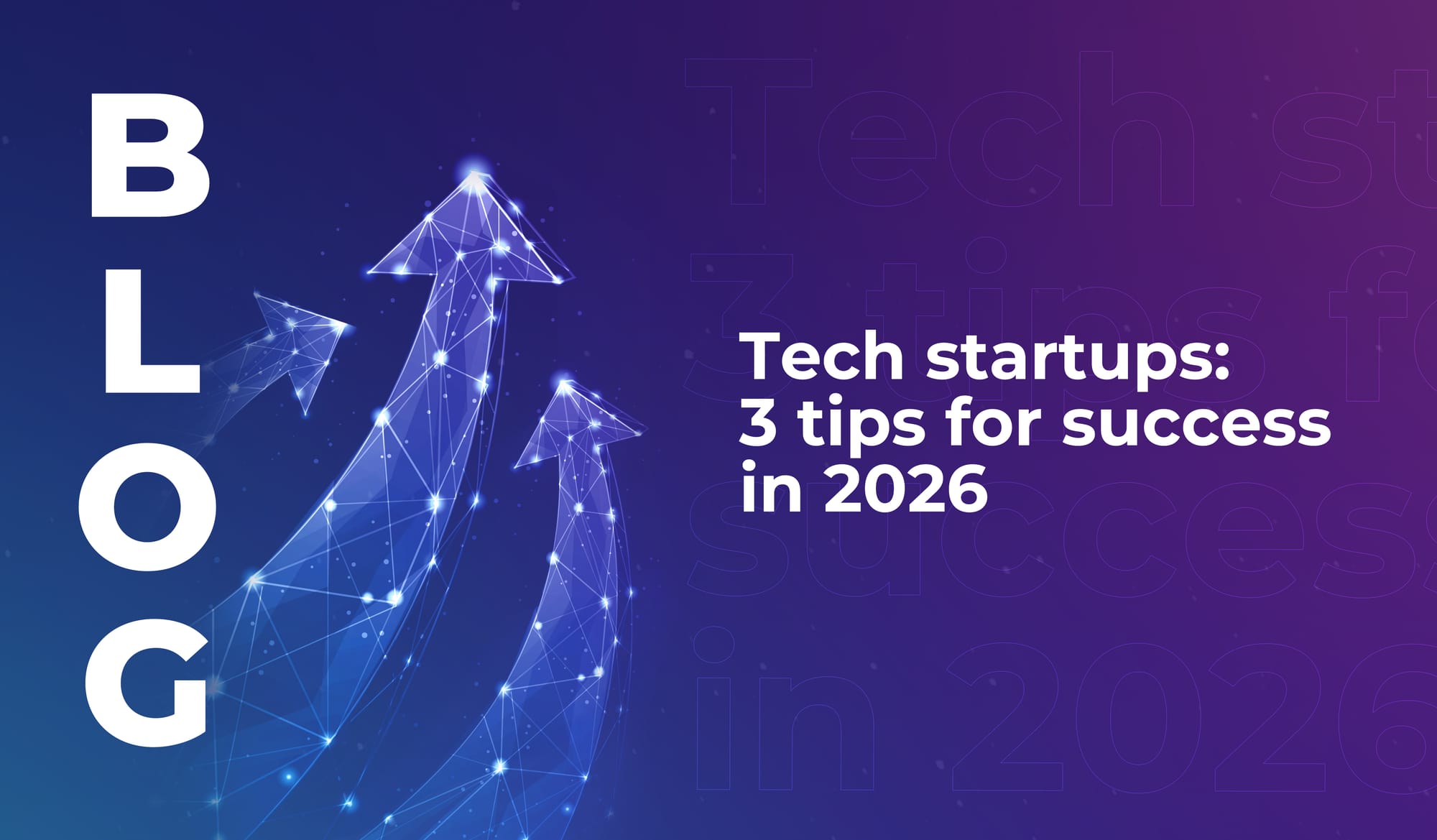
From pilots to scale: why GTM execution wins in 2026
Why 2026 is the year startups have to move beyond pilots. New research shows go-to-market execution, not demos, is the real growth advantage.


High-speed internet, autonomous transport, green skyscrapers powered by clean energy – the images of the modern smart city. But beneath the face of it, smartness is mostly about what it’s like to experience an urban environment (how stressful or frictionless is it?) and how that experience translates to long-term sustainability.
The 2025 Smart Cities Index from ProptechOS offers a clear framework for assessing preparedness – and names the cities that are setting the pace. The index evaluates cities across three pillars: technology infrastructure, green development, and the strength of the tech workforce.
But smart city preparedness comes in many forms, and not all of them are easily measurable – it’s also about mindset, collaboration, and inclusion. As we move deeper into the age of digitised urban living, the cities best placed to thrive are those investing in smart governance alongside smart tech.
According to ProptechOS, a city’s smart readiness depends on three core factors.
First is technology infrastructure: things like 5G coverage, fast broadband, free Wi-Fi, airports, and a strong presence of IoT companies.
Second is green infrastructure, including the availability of public EV charging points and the number of green-certified buildings.
And third is the tech workforce – a strong pipeline of skilled professionals who can support and scale smart city systems.
It’s a model that reflects the balance between digital, environmental and human assets, and explains why some cities are forging a path into the future.
Paris has come out on top again in Europe this year, with consistently high scores across all three core categories.
Only Stockholm and Oslo rank higher than Paris for tech infrastructure and connectivity. The French capital is home to the headquarters of 148 IoT companies (the second highest in the world) and 666 AI companies (also the second highest).
Stockholm (where ProptechOS is based) demonstrates strong tech infrastructure; and London, UK, features in the top 10 thanks to its boom in companies dedicated to AI and the Internet of Things.
Meanwhile, Amsterdam leads the green charge, with the highest density of EV charging stations across all cities analysed, and a steadily growing number of sustainable buildings.
Other notable cities in Europe include Berlin, Oslo, Madrid, Lisbon, Budapest and Dublin – all of which demonstrate various strengths across the three key pillars. In different ways, they’re laying the foundation for more connected, efficient and resilient urban environments
The ProptechOS Index focuses heavily on European and US cities this year, but cities in Saudi Arabia are thriving as they shift towards smart infrastructure.
In 2024, five cities in the country were listed among the top 100 smart cities globally, with Riyadh ranking 25th, according to Statista. Other Saudi Arabia cities included in the top 100 were Al-Khobar, Makkah, Jeddah, and AlUla.
Saudi Arabia is investing heavily in renewable energy, 5G networks, AI research, and sustainable mobility solutions. Smart city plans here prioritise integrated technologies, open data strategies, and sustainable infrastructure – aligning closely with the three pillars used in the Smart Cities Index.
What’s particularly exciting is that Saudi Arabia isn’t just trying to replicate the smart city models of Europe or Asia. Instead, it’s designing entirely new urban concepts from the ground up – bringing a fresh perspective on what future cities can and should look like in the MENA region.
Having the right infrastructure and investment is only half the battle. Real progress requires openness – both in data and in mindset.
When we interviewed LEAP speaker Kris Libunao (Executive Director and Chief Sustainability Officer at SmartCT), she said:
“Private and public entities have to embrace openness if they want to improve the development of smart cities. That is: open data, collaboration, and inclusivity.”
Cities might build the smartest systems in the world, but if they operate in silos – between government, private sector, and communities – they’ll fall short of their potential.
Cities that perform well in the Smart Cities Index often have strong frameworks for public-private collaboration. They’re opening up data, inviting innovation from startups and citizens, and making sure their digital transformation is inclusive. That means involving everyone in the process – from policymakers and developers to residents and small businesses.
What can we learn from the top performers in the Smart Cities Index, and from forward-thinking countries like Saudi Arabia?
Preparedness is about building systems that are interconnected, sustainable, and people-centred; and that are relevant within local and regional context. Smart cities work when they are responsive to citizens' needs, when they include everyone in the benefits of digital transformation, and when their infrastructure supports both economic growth and environmental health.
As the ProptechOS Index shows, Europe has built a strong lead in smart city infrastructure, but the global conversation is expanding. Saudi Arabia’s ambitious urban plans, grounded in sustainability and innovation, are pushing the frontier of what’s possible.
Being prepared means being adaptable. And as Kris Libunao pointed out, openness enables that adaptability – so it’s the foundation of a truly smart city.

Why 2026 is the year startups have to move beyond pilots. New research shows go-to-market execution, not demos, is the real growth advantage.

Three practical, expert lessons on why startups fail – and how business models, regulation and adoption unlock real tech value.

After years of acceleration, tech is entering a more selective phase. In 2026, progress won’t be measured by how much you do – but by how clearly you choose.

Why 2026 is the year startups have to move beyond pilots. New research shows go-to-market execution, not demos, is the real growth advantage.

Three practical, expert lessons on why startups fail – and how business models, regulation and adoption unlock real tech value.

After years of acceleration, tech is entering a more selective phase. In 2026, progress won’t be measured by how much you do – but by how clearly you choose.